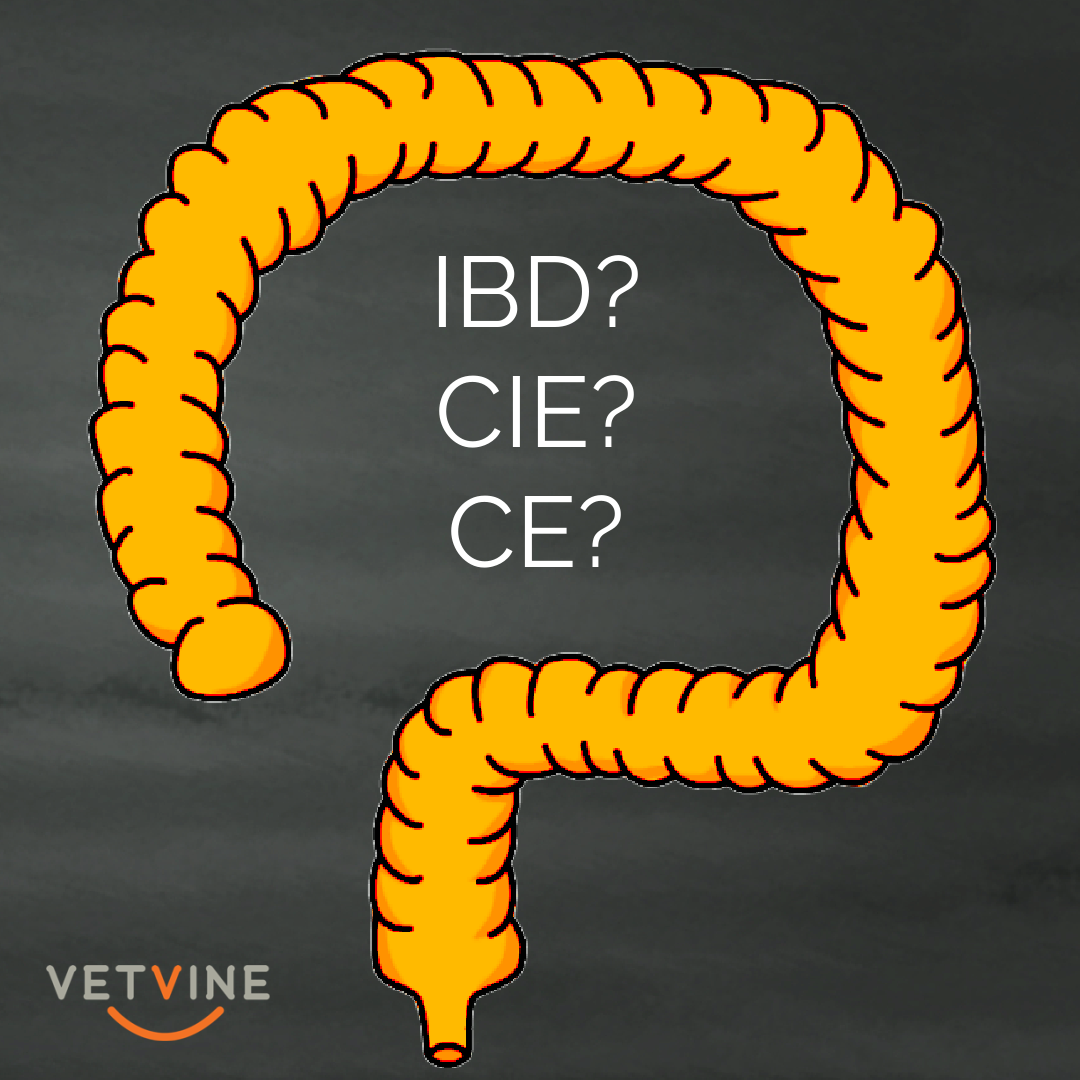Pet Health Videos
 05 May
05 May
 05 May
05 May
 05 May
05 May
 05 May
05 May
 05 May
05 May
 05 May
05 May
 05 May
05 May
 05 May
05 May
 05 May
05 May
 05 May
05 May
 05 May
05 May
 02 Jun
02 Jun
 04 Jul
04 Jul
Categories
Anesthesia
Behavior
Cardiology
Dentistry
Dermatology
Equine (Horses)
Internal Medicine
Musculoskeletal & Orthopedic
Neurology
Nutrition
Oncology / Cancer
Ophthalmology
Pet Care
Poisons and Toxins
Quality Of Life / End Of Life Considerations
Reproduction
Recent Videos




Ear Infections And Neurologic Signs

GI Side Effects Of Chemotherapy In Pets And When To Worry

Norwich Terrier Upper Airway Syndrome - Clinical Signs

